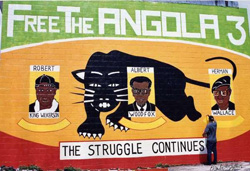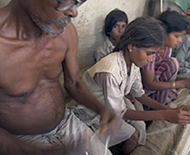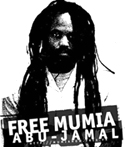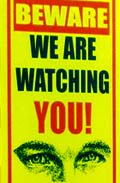SPECIAL REPORTSThese are articles previously published by Toward Freedom related to this category.

The Angola 3: Black Panther Political Prisoners in the US
Thirty seven years ago, deep in rural Louisiana, three young black men were silenced for trying to expose continued segregation, systematic corruption, and horrific abuse in the biggest prison in the US, an 18,000-acre former slave plantation called Angola. Peaceful, non-violent protest in the form of hunger and work strikes organized by inmates, caught the attention of Louisiana's first black elected legislators and local media in the early 1970s.





